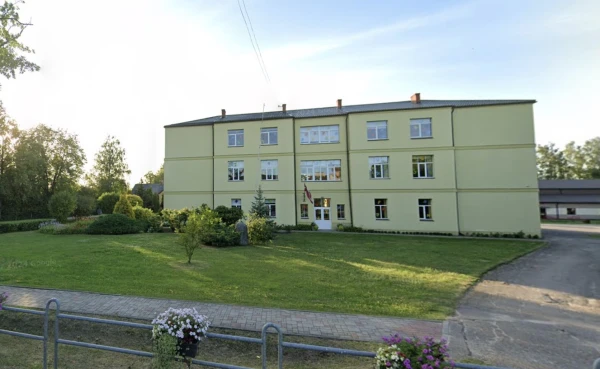
Three reasons for the rise in food prices.
Inflation in Latvia, as previously reported, has risen again, and we find ourselves among the leaders in this indicator in the EU. Here is how the economist from the Bank of Latvia, Uldis Rutkaste, assesses the situation on the portal of the Bank of Latvia (BL) makroekonomika.lv:
"4.3% — the October inflation estimate — has not gone unnoticed even amidst recent political passions, and this figure turned out to be the second highest among eurozone countries. Residents experience this mainly as an increase in food prices (which accounts for about half of inflation) and rising costs of various services (almost the rest of inflation). This rate of price growth is also twice as fast as the inflation target set by the European Central Bank, and it requires attention and action from politicians. What factors make Latvia special in terms of inflation and how can it be reduced? Firstly, the problem lies in food prices. Food prices in recent years have outpaced economic levels and income.
Until recently, Latvia consistently ranked around 20th in terms of food prices among EU countries. This largely corresponded to our income levels. However, sharp changes occurred in 2022 and 2023. The surge in global prices caused food prices in Latvia to rise sharply. This is understandable, as Latvia is an open economy — food is both widely exported and imported. The subsequent processes are unclear, as global food prices have decreased, but in Latvia they have remained at a high level and resumed growth when, after a downward correction, food prices rose again on global markets (Historically, prices usually fall following a decrease in global prices). Thus, food prices in Latvia are now 14th in the EU." Why are food prices rising so rapidly? According to the economist, "it is obvious that representatives of the food industry (both producers and traders) noticed that when prices were raised, sales did not significantly decline. If we look at the financial indicators of various food industry enterprises, many have seen profit margins higher than historically average in recent years. Overall, I have noticed several tokens that suggest that competition in the food market may not be sufficiently strong. And here, perhaps, the inertia of all of us — consumers — is to blame, as we do not sufficiently punish industry enterprises by changing our actions in response to rising prices (for example, by choosing another trader or product where prices have risen less)."
The second problem noted by the expert is the issue of labor costs, including in the food industry, but not only. The labor shortage is a long-recognized problem for which serious solutions have not been proposed for a long time. Wages are again rising faster than labor productivity. Registered unemployment is at a historically low level, despite the economy stagnating. There are simultaneously unemployed individuals and vacancies for the same professions in the labor market, indicating a mismatch between skills and the needs of enterprises, while state funding for skill development in Latvia is chronically low, and the quality of education still "lags behind." Many people have been out of the labor market for a long time, not working and not looking for work, while they could essentially be working.
And finally, the third reason is low labor productivity. "The labor shortage is exacerbated by the specialization of the economy in sectors with low labor productivity. In Latvia, many more people are employed in sectors that are traditionally low value-added industries in the West, and far fewer are in knowledge-intensive fields.
Without modernizing the economy, labor productivity will continue to stagnate, employers will increasingly knock on the doors of the Ministry of Finance, demanding a reduction in labor taxes so that they can continue to operate "the old way" for some time, while resources for developing new areas will become increasingly scarce. Ultimately, such a scenario may help solve the inflation problem at the expense of a weaker economy. It would be akin to trying to cure a fever by placing the patient in an ice bath until he stops breathing. Therefore, my third wish is that we manage to solve the inflation problem with a stronger, not weaker economy.














